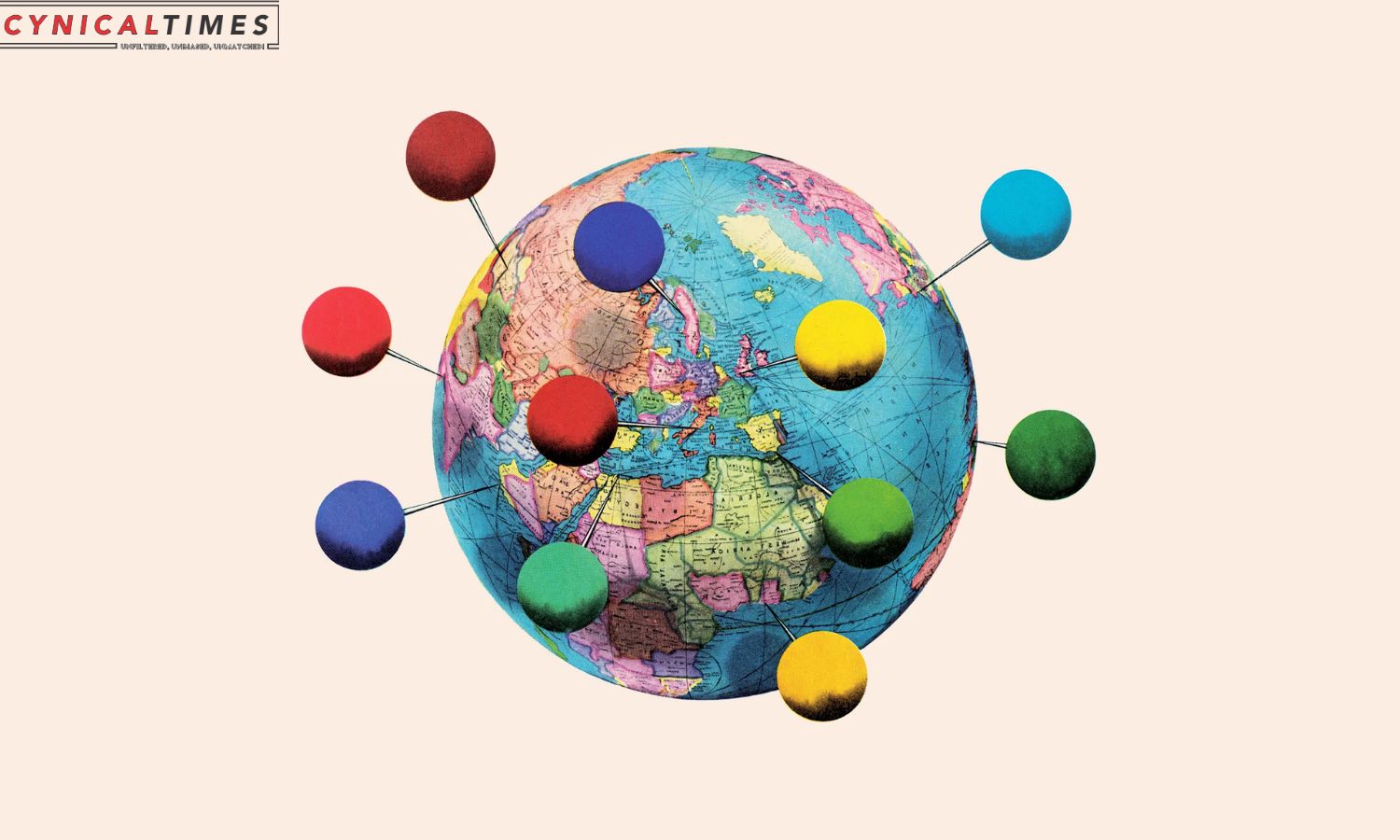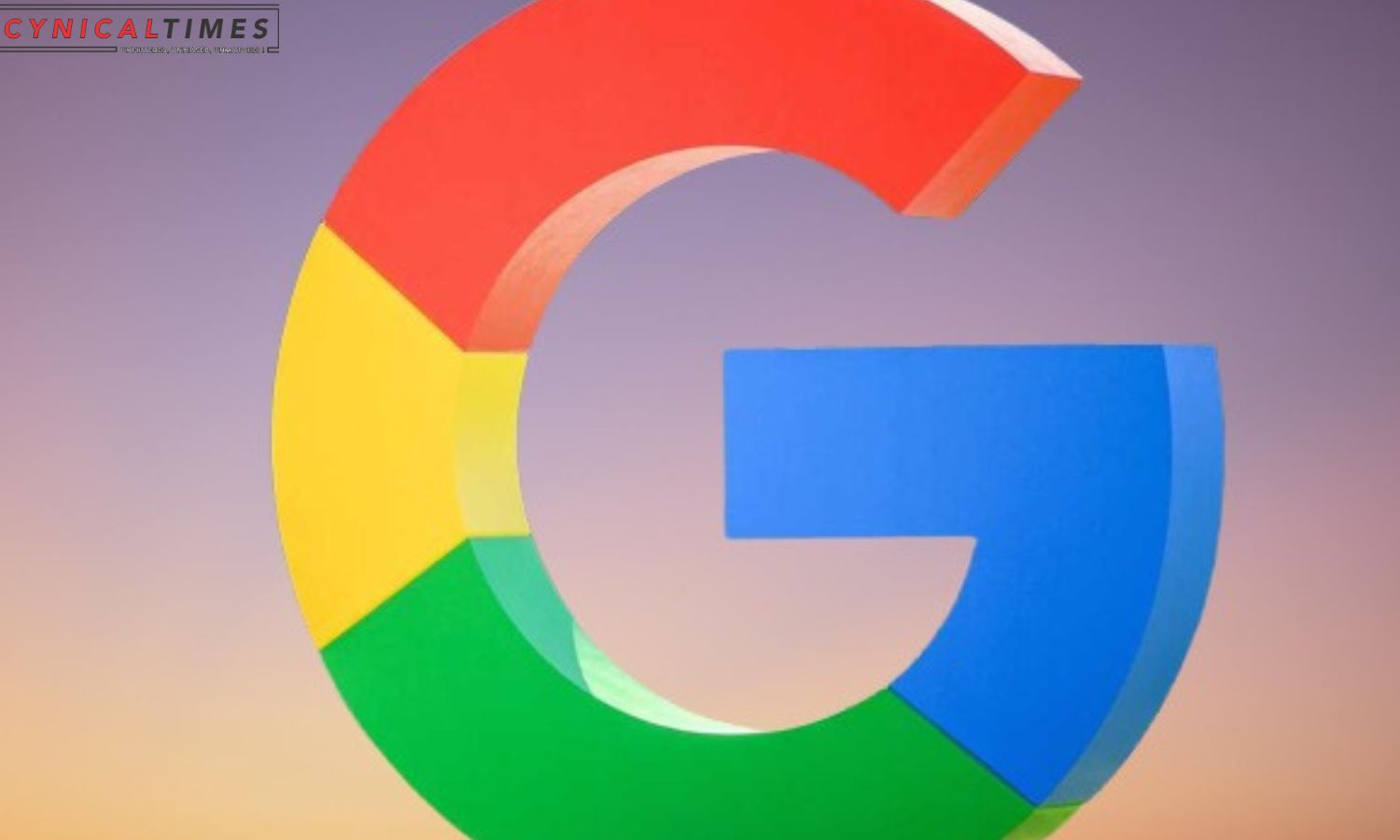Epic Win Against Google Jury: A federal jury ruled that Google’s app store is a monopoly, a major victory for Epic Games, the creator of “Fortnite.” The ruling undermines Google’s app store guidelines and procedures, threatening its control over Android app distribution and pricing.
The legal battle between Epic Games and Google unfolded over weeks in a closely watched federal trial, addressing issues ranging from in-app purchase fees to restrictive contract terms limiting competing app stores on Android devices. The jury’s decision signals a potential crack in the longstanding defense of app store operators against monopoly allegations, presenting a unique challenge to the dominance of large technology companies.
Epic Games CEO Tim Sweeney celebrated the verdict, declaring “Victory over Google!” on social media. The California jury found against the Google Play monopoly on all counts after four weeks of detailed court testimony.


Also Read: TikTok Billion Game Changer: Dominating Indonesia’s E-commerce Scene
In response to the landmark verdict, Google issued a statement expressing its intention to challenge the decision. Wilson White, Vice President of Government Affairs and Public Policy at Google, emphasized that Android and Google Play offer more choice and openness than other major mobile platforms. The company vowed to defend the Android business model and remain committed to users, partners, and the broader Android ecosystem.
The outcome of this high-profile case stands in contrast to a similar legal battle waged by Epic Games against Apple over its app store practices. While Epic largely faced defeat in lower courts regarding central allegations against Apple, the company has appealed the case to the U.S. Supreme Court.
The legal challenge by Epic Games reflects broader criticisms from app developers regarding the restrictive terms and high fees imposed by Apple and Google for app store access. Epic’s deliberate campaign, known as Project Liberty, aimed to provoke a legal showdown by violating developer terms and challenging the app store duopoly.


With the jury’s decision, the focus shifts to a separate process in the case, expected to begin in the new year, addressing potential remedies targeting Google’s app store. This may involve changes to how Google collects fees from developers or measures to facilitate third-party app stores on Android devices.
The verdict sends a strong message in the ongoing debate about Big Tech’s influence, with consumer advocates hailing it as a major victory against one of Google’s most profitable monopolies. As the app stores face increasing scrutiny, this decision may contribute to a broader reshuffling of power in the internet economy, impacting how platforms operate and users experience the digital landscape.
Our Reader’s Queries
Why did Epic win against Google but not Apple?
Legal professionals specializing in antitrust law have highlighted several notable distinctions between the two trials. According to their analysis, Apple’s app ecosystem, which is more restricted, made it less vulnerable to antitrust scrutiny. Additionally, the unique circumstances surrounding each trial likely influenced the outcome of Epic v Google in a way that differed from Apple’s case.
What is the Epic Games vs Google lawsuit?
Google has agreed to pay $700 million and make minor changes to its app store to settle with 50 states. A recent jury decision found that Google had an illegal monopoly with its Google Play app store, which resulted in a win for Epic Games. However, Google was also facing antitrust cases from other parties. The settlement will involve small adjustments to the app store, and the payment will be made to the states involved in the case.
Is Epic winning the lawsuit?
Epic Games, the creator of “Fortnite,” has emerged victorious in its antitrust lawsuit against Google. The trial accused Google’s Play app store of being an illegal monopoly, and if the ruling stands, it could have significant implications for the entire app store industry. This is a major win for Epic Games, and it will be interesting to see how this decision affects the future of app stores and their operations.
Is Google an illegal monopoly?
A jury in San Francisco has unanimously found that Google violated both California and federal antitrust laws by making deals that restricted competition for its Play mobile app store. This verdict highlights the tech giant’s anti-competitive practices and the need for fair competition in the industry. It is crucial for companies to operate within the boundaries of the law and promote a level playing field for all players in the market. This decision serves as a reminder that no company is above the law, and all must be held accountable for their actions.

